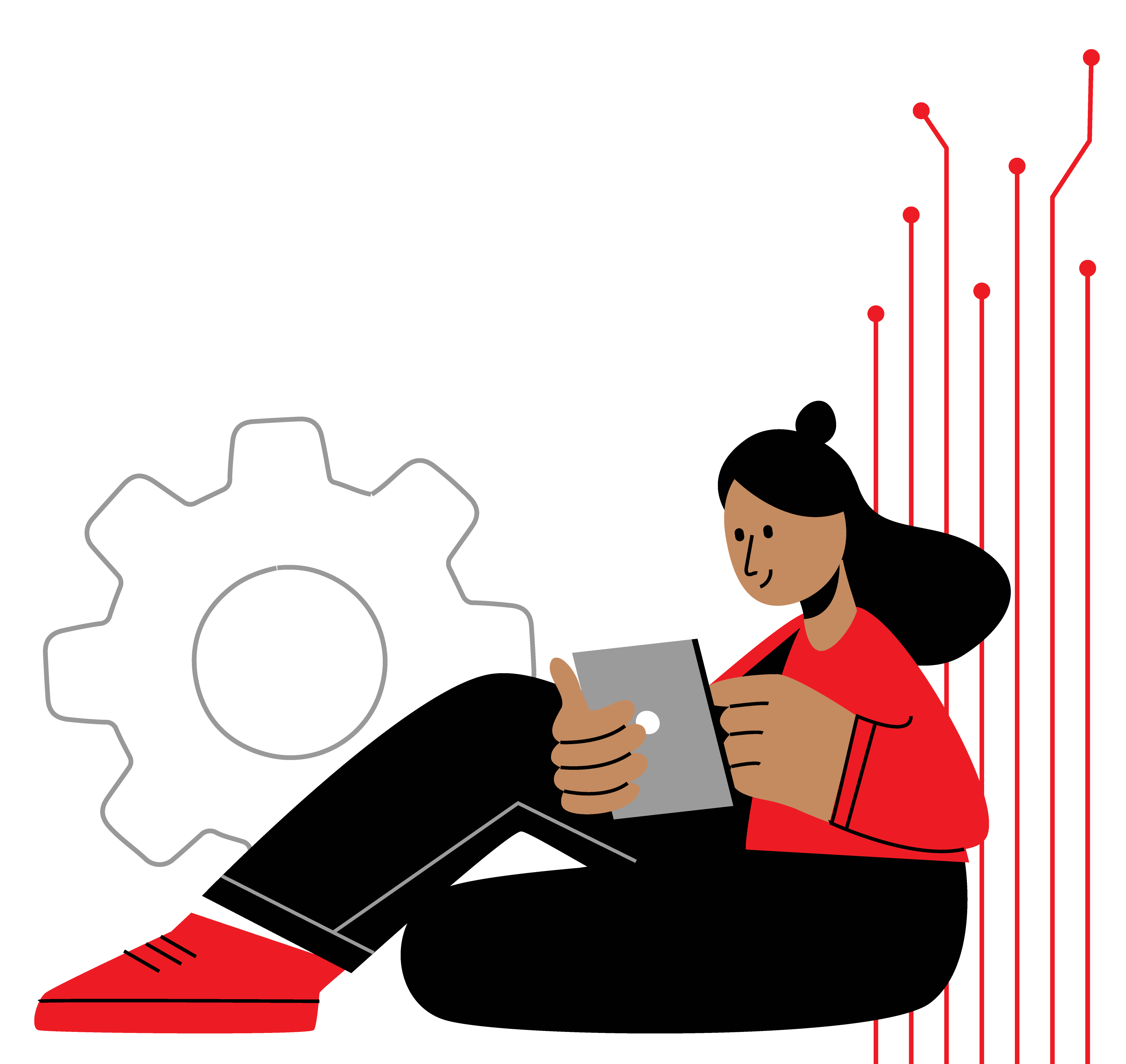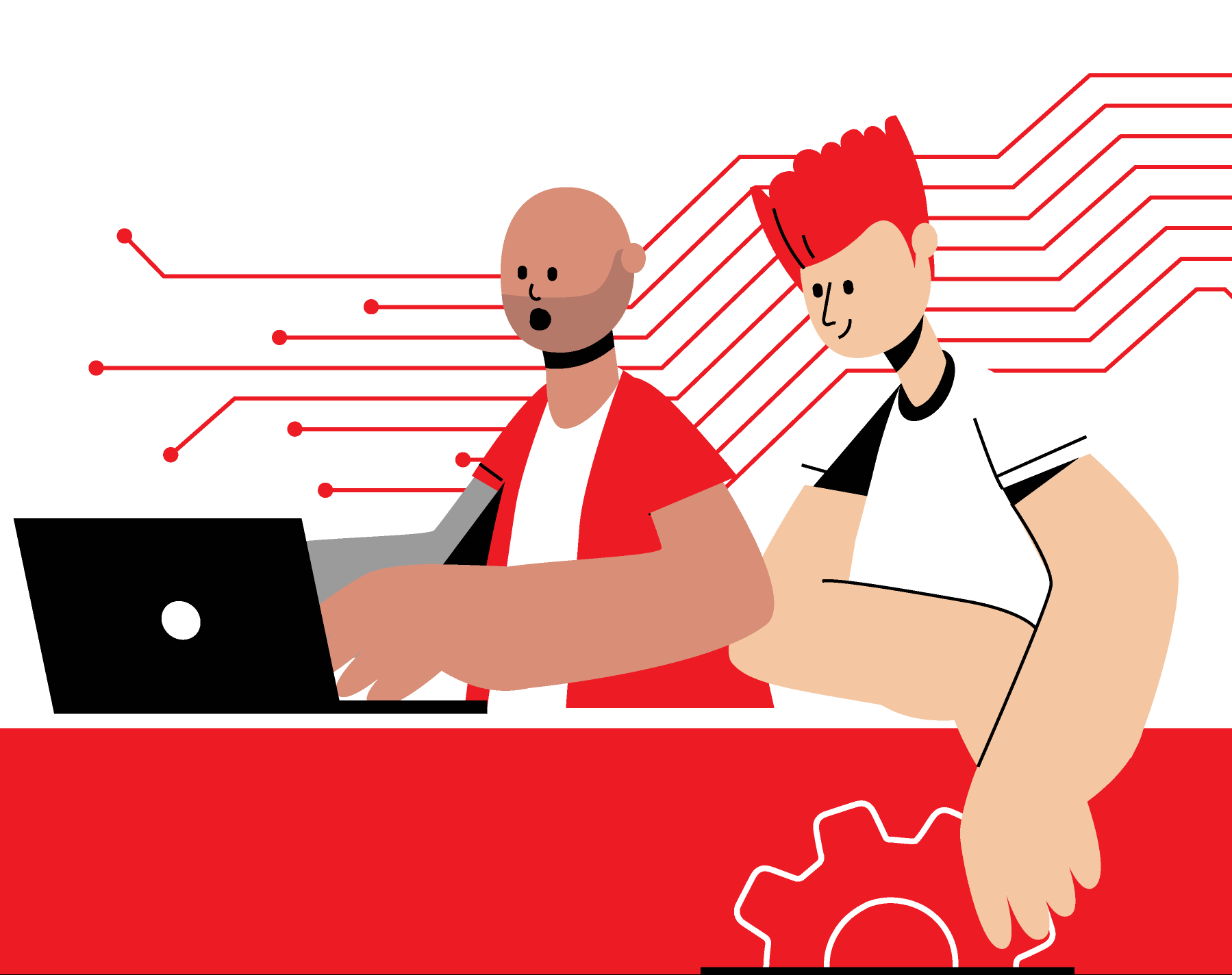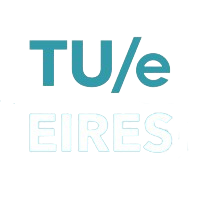
Challenge 1 | How to create future water treatment systems?
Challenge owner: TU/e EIRES (Eindhoven Institute for Renewable Energy Systems)
Context
In 2025, 1.8 billion people will live in countries and regions facing absolute water scarcity, and two-thirds of the world’s population could experience water stress (Wikipedia contributors, 2023). Climate change is identified as a significant cause, with the increased evaporation of water due to rising temperatures being a notable factor. Initiatives such as buffer zones around natural areas have been implemented to address this issue, and individual contributions, like reducing shower time, can also play a role. However, it is evident that the current methods of providing clean drinking water consume a considerable amount of energy, and this consumption continues to rise. Due to these reasons, water purification is a high priority for the government. So turn the system around and change water treatment facilities into cutting-edge materials and energy generating hubs.
Requirements
- Your solution should be sustainable and result in a significant reduction of the energy need
- Your solution must be realistic and economically feasible (human resources and implementation within two years).
- Invert as much as possible the current thinking about water purification systems.
- The solution should combine renewable sources (solar panels, windmills) and make sure the solution works during all seasons.
- Also consider external factors, such as human behavior of households, etc.
Challenge 2 | How to design an energy-neutral campus by behavioral change and efficient energy use?
Challenge owner: Fontys
Context
Educational institutions in the Netherlands are actively setting or have already set ambitious sustainable goals. It is necessary to reshape the future of a campus. These educational institutions with a strong social responsibility, want to proactively respond to sustainability trends and be a role model for its society. In line with this mission, Fontys is committed to actively responding to these sustainable goals. Realizing that a sustainable society begins with a sustainable working and learning environment, Fontys strives to achieve an energy-neutral campus for its sizeable community of residents, consisting of nearly 44,000 students and nearly 5,800 employees.
Requirements
- Consider the energy consumption within the campus and the transportation of students and staff to it.
- Focus on a specific aspect of making the campus energy-neutral, providing a well-founded rationale for its potential impact.
- Recognize that achieving energy neutrality is a gradual process and formulate proposals that can be implemented over time.
- Inspire the Housing & Facility Services department with innovative and out-of-the-box ideas.
- Ensure that your ideas are acknowledged and can be presented to the Management Team for possible implementation.

Challenge 3: How to realize change in behavior among businesses and households in the purchase and use of solar panels?
Challenge owner: Brainport Development
Context
For reaching the Paris Agreement, we need to switch from fossil fuel to renewable energy sources. Solar is an important source for sustainable energy. The goal is to use all available rooftops in the Netherland to generate sustainable energy through solar panels. But multiple trends hinder the use of solar panels. In the Netherlands the electricity network is full. This results in a fee for house holds to feed energy back into the grid (if solar panels generate energy, which is not used in the house, this energy is given to the network). The abolition of the net metering regulation also seems to make households hesitant to place solar panels on their roof. Another result from grid congestion, is that companies are on a waiting list of Enexis to be allowed to feed back into the network. Resulting in the postponement of investing in large scale solar roofs/parks.
Which technical or behavioral solutions can be implemented to make smarter use of solar energy in a full electricity network?
Requirements
- Your solution should be sustainable and part of the circular economy.
- Incorporate the change of human behavior into your solution.
- Combine it preferably with technological solutions (hardware, software).
- Your solution should be affordable, feasible and scalable.



